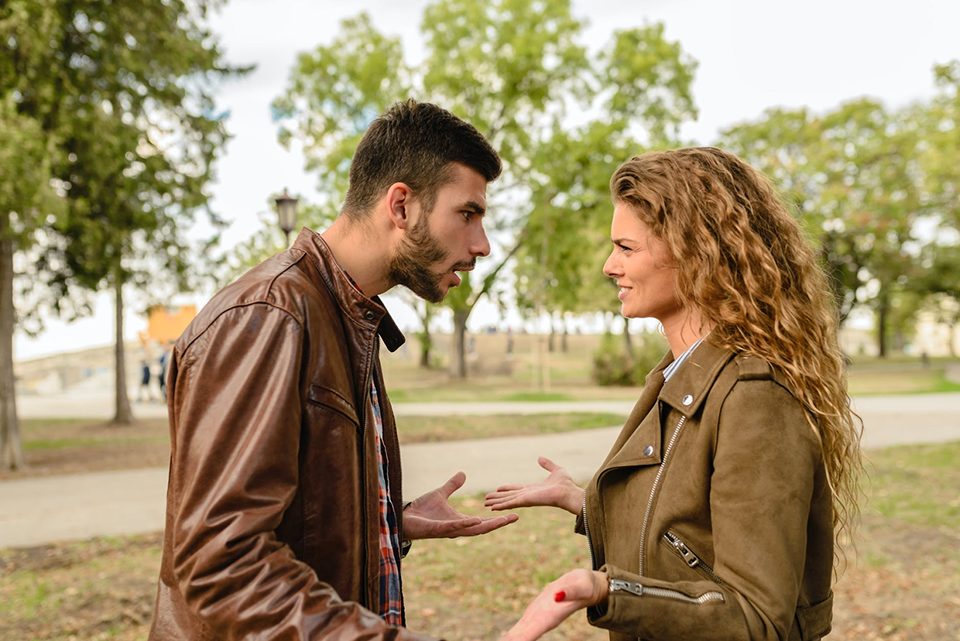Protection Orders in Washington State: How They Affect Your Gun Rights
Today in our law blog, we’re going to take a closer look at the topic of protection orders in Washington State.
At Findley & Rogers, our attorneys are often asked about a “restraining order” and gun ownership. Does having a restraining order against you prevent you from possessing a firearm? If so, how long does this ban last? Is there anything you can do about it?
These are simple enough questions, but the answer can be complicated. So let’s get into it.
A Protection Order Does Not Automatically Revoke Your Gun Rights
Most people have the basic idea of what a restraining order does: It protects somebody from abuse by forcing a threatening person to stay away from them.
Since the order is supposed to prevent harm, you might think that a restraining order and gun ownership prohibition go hand-in-hand. This is very often true, but not always the case. Washington State law has specific rules about taking away people’s rights. In practice, this means that most types of protection orders in Washington State can include a ban on possessing a gun, but not all do.
“Protection Order” vs. “Restraining Order”
In Washington State, the term “restraining order” has a specific legal meaning (see table below). What most people mean when they say “restraining order” is formally known in Washington as a “protection order.” Washington State law provides for several different types of protection orders, which apply to different situations and are designed to meet different needs.
Types of Protection Orders in Washington State
Here are the various civil and criminal protection orders in our state, as listed by the Washington State Protection Order Resources website:
| Type of Order | Description | Firearms Restriction? |
|---|---|---|
| Extreme Risk Protection Order | This order is specifically designed to get firearms out of the hands of people who are deemed as an extreme risk of harming themselves or others. | Yes |
| Domestic Violence Protection Order | This order, one of the most common types of protection orders in Washington State, applies to spouses and ex-spouses, partners and ex-partners, immediate family members, and unrelated roommates. This type of order usually results in a loss of rights. | Almost Always |
| Stalking Protection Order | A stalking protection order is for situations when a domestic violence order doesn’t apply, such as a threat between two unrelated people who haven’t dated and don’t live together. | Sometimes |
| Sexual Assault Protection Order | This order is intended to protect people at risk of sexual assault. | Sometimes |
| Anti-Harassment Protection Order | This order applies to people who are experiencing severe harassment that serves no lawful purpose. | Sometimes |
| Restraining Order | In Washington State, a restraining order specifically applies to situations where a marriage is about to dissolve and one (or both) of the spouses want to keep the other spouse away from them and/or any children who may be present. As with civil protection orders, a restraining order and gun ownership prohibition is possible depending on the circumstances, but not automatic or guaranteed. | Sometimes |
| Vulnerable Adult Protection Order | This order protects people who are at risk of abuse due to their age or disability status. This is the only protection order in Washington State that does not involve a potential loss of gun rights. | No |
| No-Contact Order | All of the other orders listed here are civil orders that anybody can request. A no-contact order is a criminal protection order imposed by a court while a criminal case is being investigated or prosecuted. | Sometimes |
When Is “Sometimes”?
So, when does being the recipient of a protection order in Washington State cause you to lose your gun rights? Let’s take a look at different scenarios:
| Scenario | Details | Firearms Restriction? |
|---|---|---|
| All of the Following Are True |
|
Yes |
| There Is Clear Evidence that at Least One of the Following Is True |
|
Yes if the evidence is clear and convincing; Sometimes if the evidence is preponderant |
| The Court Finds That |
|
Sometimes |
When it comes to a protection order, Washington state law does allow the courts some discretion. So, in these scenarios, “sometimes” means that it is up to the court to decide on a case-by-case basis whether the targeted recipient of an order will have to surrender their firearms.
How Long Does a Protection Order Gun Ban Last?
This varies wildly. It could be as little as a few days, all the way up to permanently. Restraining orders and gun ownership prohibitions depend on the specifics of each case.
At Findley & Rogers, we believe that many of these long-term or permanent protection orders are not in the public interest. These situations often change with time, and the threat diminishes. It doesn’t make sense for someone who poses no threat to continue to be deprived of their Second Amendment rights.
Call Findley & Rogers for a Free Consultation on Restoring Your Gun Rights
If you have been prohibited from possessing or purchasing firearms due to a protection order in Washington State, contact us for a free consultation to learn your legal rights and options. At Findley & Rogers, we can guide you through the legal red tape to restore your rights, hassle-free:
- Restore your firearm rights
- Obtain a concealed pistol license
- File a NICS appeal
- Expunge your criminal record
Don’t let your rights be trampled by an outdated protection order. Washington State law explicitly provides for you the opportunity to reclaim your firearm rights. Let our attorneys at Findley & Rogers help!

